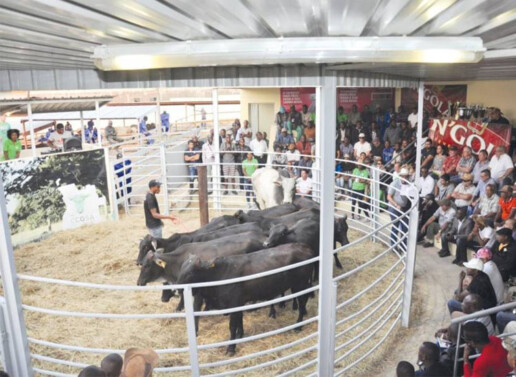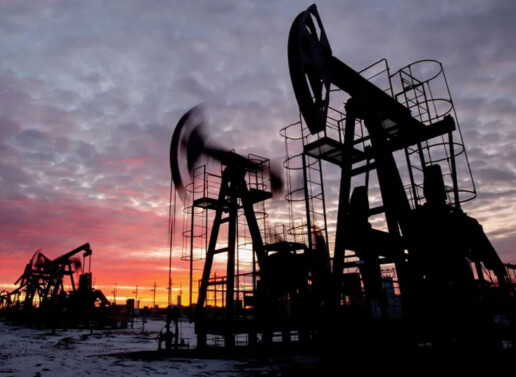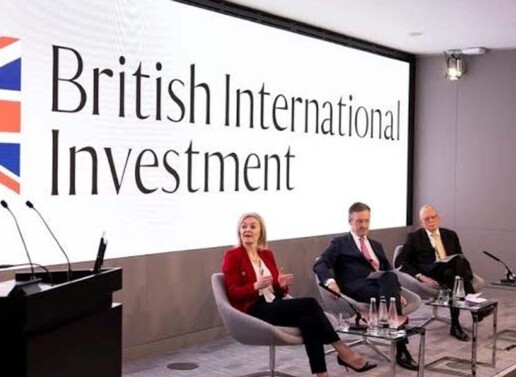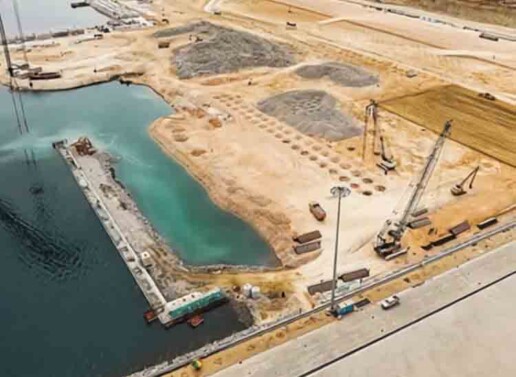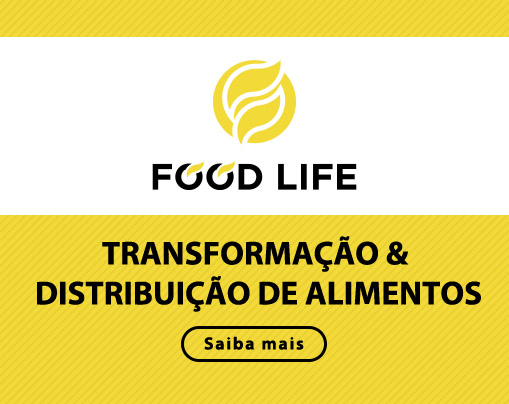The EU’s development investment package, the ‘Global Gateway’, which European Commission President Ursula von der Leyen has described as the “future of EU development cooperation”, appears focused on increasing private sector investment in energy, infrastructure and climate-smart solutions in Africa.
As the Horn of Africa faces its most severe drought in four decades, local solutions remain as valuable as ever. Marsabit County in northern Kenya has not seen rain in two years, and for many locals there is little else to do but pray, as the chairman of the Tigo Community Committee explains: “We stand still. We keep counting the days to the next rainy season and pray for the rain to come.”
No rain means no water, no water means no pasture to feed the cattle, no cattle means no milk sales to secure money for food, and without food there is malnutrition and waking up and sleeping hungry every day.
The EU has developed its response to global food insecurity and intensified its contribution to the Horn of Africa Initiative. It has also proposed the use of reserves in African, Caribbean and Pacific countries.
But according to Luisa Fondello and Lucy Esipila of Caritas Europe and Caritas Africa respectively, from the experiences of local organisations in the Horn of Africa, there are three things fundamentally wrong with the EU’s efforts.
“First, the humanitarian assistance provided is not sufficient. Despite the unprecedented emergency in the region, only 20% of the appeals from the Horn of Africa have been answered. Second, much more attention is needed to the reality of agriculture in Africa and to local solutions,” they say, adding that “the Global Gateway can only go far if promises are kept. It can only go far if it increases policy support and funding for agro-ecological approaches to smallholder farmers, boosting domestic food production.”
“Thirdly, the EU needs to get to the heart of the food crisis. Von der Leyen’s call to step up efforts on food production does not seem to recognise that hunger is not a production problem. 50% of the people affected by hunger are small farmers”.
The current food crisis is a crisis of access. Hunger is an issue of justice – which smallholder farmers demand is addressed at the highest level. The EU Global Gateway must offer hope. Hope for pastoralists and smallholder farmers, who are part of real solutions
08/04/2022

